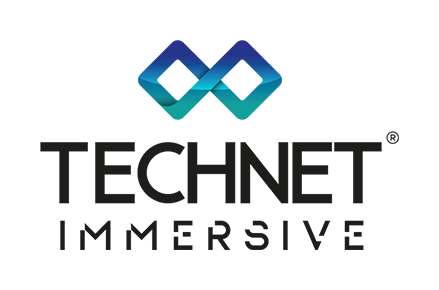Although writing a CV itself is not a complicated task (education, qualifications, employment details, references), writing an eye-catching, well presented CV is an art in itself.
Think of writing a CV as a small business marketing task, creating a sales tool aimed at getting you an interview, rather than a chore.
By following the tips listed below you’ll increase your chances of being short listed – above all you must emphasise your potential and suitability for the job.
Length
Try to keep your CV to 2/3 pages. Make sure every point is relevant and keep the wording simple.
Presentation
Use a single clean font (such as Arial) in black ink, typed on A4 white paper.
Organisation
Your CV should be clearly laid out in logical sections. Use bold headings and bullet points to emphasise where necessary.
Content
The client is looking for specific skills and qualifications so spend time ensuring these sections are well worded and concise.
Accuracy
Don’t lie on your CV, but tailor your past achievements and skills to match the contract requirements.
Suggested CV Layout
There are no rules for the layout of a professional CV, however the following format could be used as a template in conjunction with the tips above:
Personal Details
Name:
Address:
Contact Details:
Date of Birth:
Nationality:
Work Permit Required?:
Education
In reverse chronological order briefly summarise your degree and exam results. Include any technical qualifications you have that are relevant for the role you are applying for.
Technical Summary
Make a bullet point list of your key skills, e.g. Hardware, Software, Operating Systems and Applications. These should stand out, as the potential client will be scanning a large number of CVs per role. A clear, concise list will encourage them to read the rest of your CV.
Brief Employment Summary
Write a paragraph, summarising the highlights/most impressive aspects of your career history.
Previous Employment / Contracts
In reverse chronological order list your employment history – Don’t leave any gaps. For each job, detail your position, what you did, which skills and technologies you used. Although technical expertise is of most interest to potential clients it is important not to forget teamwork and/or leadership skills.
Other Skills / Personal Interests
Talk specifically about genuine interests; give examples to demonstrate your characteristics, such as conveying your ability to work well in team and/or alone by referring to any sport/social activities you may be involved. Extensive foreign travel, knowledge of foreign languages are also examples that work well here.
References
Give 2 referees, preferably your most recent employer and the employer prior to that.
Additionally:
– Cover letters are useful, but not essential. A well formatted, well thought-out CV will be sufficient to tell the employer why you are the right candidate for their role.
– A two page CV is prescribed, but it is not necessarily the rule. For those with over 10 years of professional experience, condensing it to fit into a two page CV is not always possible, and you may omit something that could be crucial to the potential employer. As long as the information provided is relevant, and clearly presented, it is acceptable to include it.
Once you have passed the CV stage, and secured an interview, your next step is to prepare.



